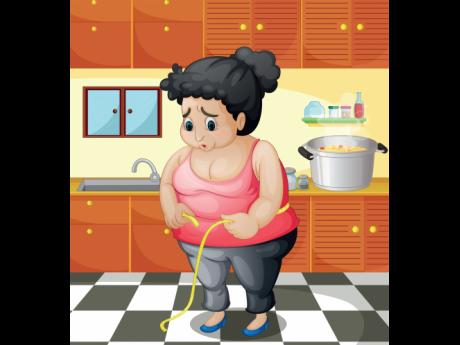Fit 4 Life | Getting good returns on fitness
Fitness is a long-term investment. Our approach to health and wellness, even at a young age, will have a significant impact well into our senior years. In fact, it may well determine just how many senior years one gets. Yet the focus of the industry remains largely on looks. The obsession with weight and looks overshadows our every fitness-related decision. So much so, actually, that many people abandon the fitness journey because the number on their scale isn't falling fast enough.
Still, both the measure and benefits of physical fitness and health go so far beyond weight loss, especially as we age, that it warrants a change in our approach to wellness. Paying too much attention to weight causes us to ignore some key aspects of wellness – namely, mobility and cardiovascular health – that become harder to hold on to in our senior years. So this investment in fitness should not only pay off in the form longer life: it should also result in a higher quality life in later years. And, ironically, in the quest for weight loss, we often do more harm than good to our future selves.
SYMPTOM OF WEIGHT OBSESSION
The most obvious symptom of the weight obsession is how we choose to measure fitness, both as professionals and enthusiasts – and even the Average Joe (or Jane). For example, when people start the gym or hire a personal trainer, one of the first things they expect is a weight check. They might be unable to walk a flight of stairs without breathing as if they swallowed Hurricane Gilbert. It might take a titanic effort for them to sit in or rise from a seat. But the main concern is, "How much weight can I lose by next week?".
Body composition is important, but it doesn't tell the whole story. For a true picture of the current state of our health – and an idea of what it might be as we grow older – we are better served by more functional measurements.
- How well do you move?
- What about your breathing and heart rate?
- How are your energy levels?
The answers to these questions provide a much more meaningful view of fitness than any scale or measuring tape could.
Over the years, numerous studies have shown this to be true. For example, links have been made between walking speed and life expectancy as well as between flexibility and quality of life in old age. And, more recently, a Harvard Medical School professor published a study linking the number of push-ups one can do to the risk of cardiovascular diseases.
So, before you step on the scale, get depressed, and decide that this fitness thing just isn't working out for you, get a clearer picture of your fitness.
Fit 4 Life has published numerous tests you can use to measure everything from flexibility to cardiovascular endurance.
- Marvin Gordon is a fitness coach; email: marvin.gordon@physiqueandfunction.com; yourhealth@gleanerjm.com

